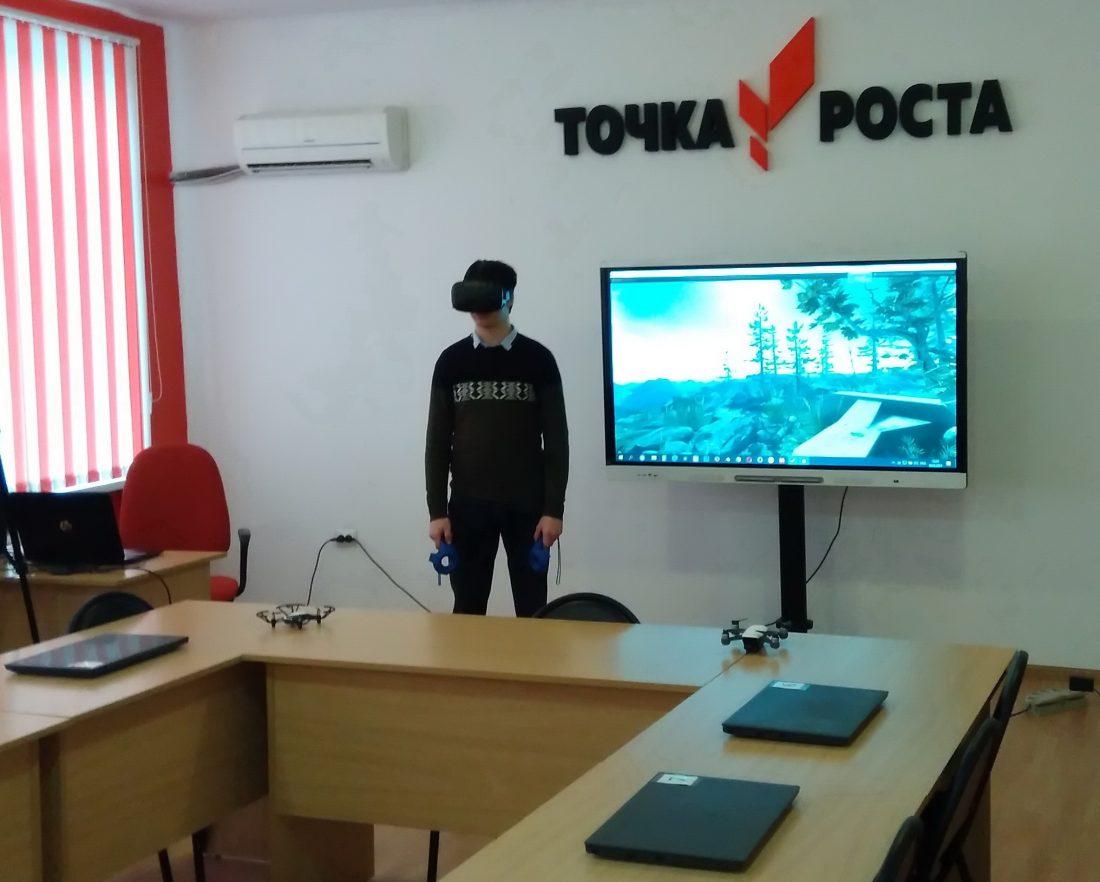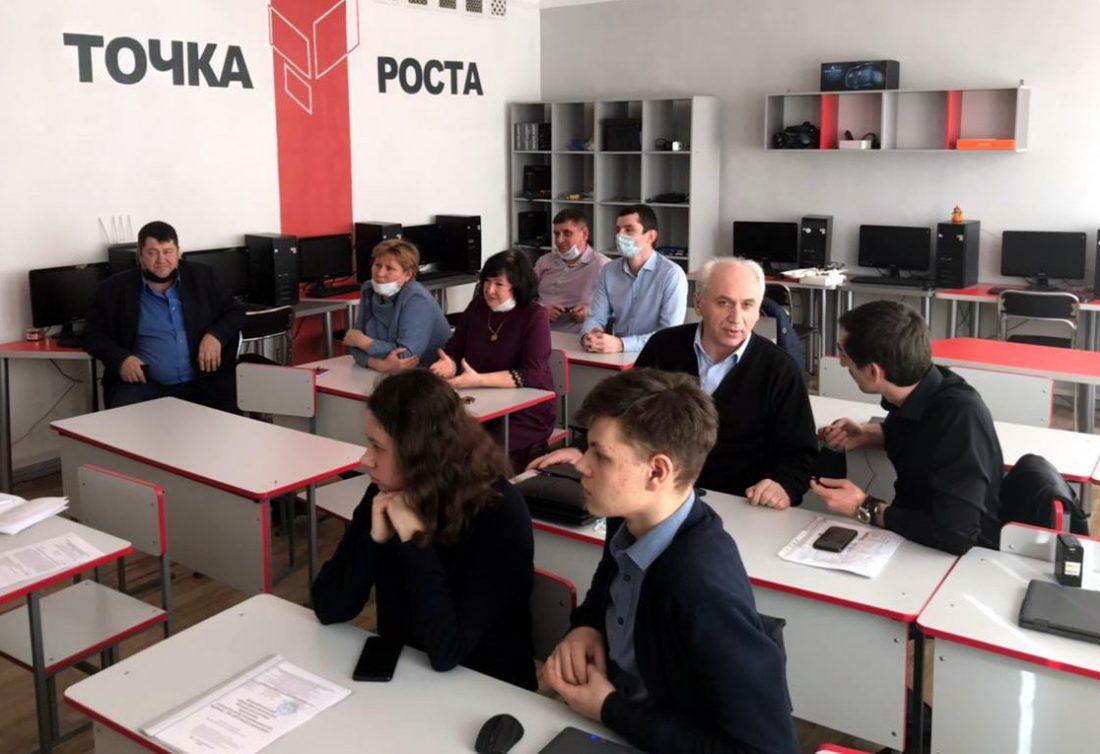KBSU activates work in the «Growth Points»

Despite the summer holidays, at the Kabardino-Balkarian State University named after H. M. Berbekov, work is underway aimed at interaction with secondary educational institutions of the republic. The department for pre-university training and vocational guidance of the university intends to develop cooperation with 69 schools of the republic, where the «Growth Point» education centers have been opened.
Recall that within the framework of the federal project «Modern School» of the national project «Education» in 2019, KBSU initiated the creation of a material and technical base in rural schools and schools in small towns for the implementation of programs of digital and humanitarian profiles.
The main goal of the program, calculated until 2024 and implemented with the assistance of the state authorities of the KBR and the leadership of municipalities, is the introduction of new methods of teaching and upbringing, as well as educational technologies that ensure the development of basic skills and abilities by pupils; increasing the motivation of young people to learn and involvement in the educational process in all educational organizations at the levels of primary general, basic general and secondary education.

Educational centers «Growth points» are created as structural subdivisions of general educational organizations to improve the quality of training and education of schoolchildren, to involve in this work all participants in the educational process: children, their parents and teachers.
Sufyan Khachetlov, an analyst of the Department for pre-university training and career guidance work of KBSU, Candidate of Pedagogical Sciences, Honored Worker of Education of the KBR, excellent student of public education of the Russian Federation, explained:
«In the «Growth Points» the main emphasis is placed on the study of such general educational disciplines as «Technology», «Informatics», «Fundamentals of Life Safety», as well as on the development of multi-level additional general educational programs of digital, natural science, technical and humanitarian profiles: art and scientific and technical creativity, IT technologies, media creativity, physical culture and sports and social and pedagogical directions. The infrastructure of the Center during class and after school hours is used as a public space for the development of general cultural competencies and digital literacy not only of students, but also of other groups of the population. All centers have modern interactive complexes. Children will be able to use virtual reality helmets, print their designs on 3D printers, learn to use quadcopters, and learn the basics of playing chess on traditional boards with familiar figures. They have at their disposal video cameras, tablets for the media zone, and simulators-mannequins and other devices are provided for studying the basics of life safety and practicing first aid skills».
According to Sufyan Khachetlov, “Growth Points” contribute to intellectual improvement; the formation of the student’s personality, the creation of a base of education for children; the formation of a general culture among students; broadening one’s horizons; satisfaction of the child’s cognitive interest; accumulation of social experience. In addition, mastering new knowledge and competencies, working in a coworking center using a media zone equipped with modern digital equipment, allows schoolchildren in grades 8-11 to improve communication skills, creativity, strategic and spatial thinking.
«The creation of “Growth Points” obliges the teaching staff of schools, first of all, to provide schoolchildren with the opportunity to receive high-quality and affordable education, to prepare successful graduates motivated for creativity and modern innovative activity. Students in schools have a great opportunity to keep up with the times, work in a team, create their own projects, realize their creative potential, take part in regional and federal competitions, Olympiads, forums, rallies. The event is held within the framework of the Modern School project of the Education national project. It is planned to cover more than 40 thousand students with basic and additional educational programs of digital, natural science and humanitarian profiles,» — commented analyst S.M. Khachetlov.

